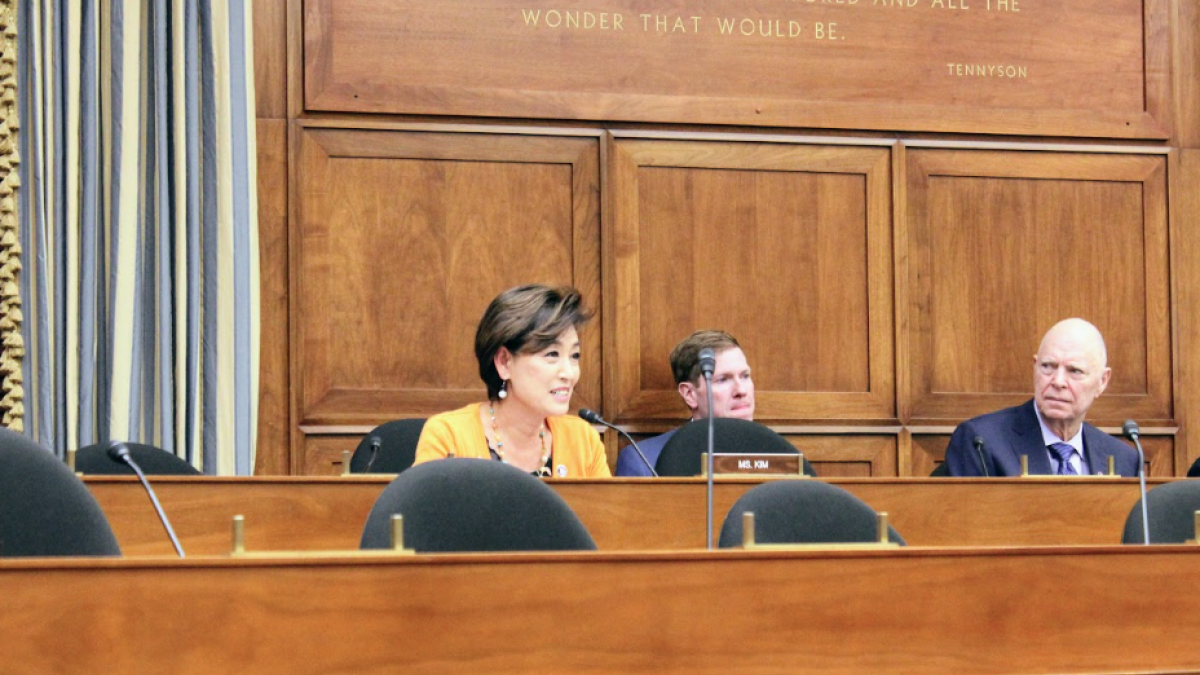Washington, DC – Today, U.S. Representative Young Kim (CA-39) joined Rep. Randy Feenstra (IA-04), House Science, Space and Technology Committee Ranking Member Frank Lucas (OK-03) and Rep. Jake Ellzey (TX-06) to help U.S. industries take advantage of emerging technologies by introducing the Quantum in Practice Act. This bill would facilitate federal research in quantum modeling and simulation, paving the way for a variety of U.S. industries and sectors to develop innovative materials critical to our economy and national security.
“As breakthroughs in quantum computing emerge, we must ensure that American industries keep up and can access the technologies they need to create innovative and next-generation materials,” said Rep. Kim. “The Quantum in Practice Act would expand opportunities for Main Street and our scientific community to use cutting-edge technologies in pursuit of safer medicines, improved energy storage, better protective gear, stronger conductors and more tools that will be vital to our future economy and national security. I’m proud to join Rep. Feenstra in this effort and will always be a loud voice for American innovation.”
“From fertilizer production to materials manufacturing, quantum computing has the untapped potential to lower input costs for our farmers, improve energy storage and battery technologies, and produce more effective medications for patients,” said Rep. Feenstra. “I’m proud to introduce the Quantum in Practice Act to ensure that our main streets, farmers, and small businesses can realize the real benefits of quantum computing, not just in theory, but in practice. Thanks to scientific ingenuity, there is boundless opportunity for our rural communities to harness the power of quantum computing to strengthen our agricultural sector, streamline fertilizer production, and enhance our way of life in the 4th District.”
The potential scientific discoveries across industries and sectors include, but are not limited to:
- Safer Medicines – Creating more effective medications and reducing harmful interactions or side effects;
- Energy Storage – Developing new materials to increase energy storage capacity and create more powerful battery technologies;
- Protective Gear – Creating materials for more durable protective gear for law enforcement and military;
- Conductors – Developing new types of superconductors;
- New Metals – Developing lighter, stronger metals; and,
- Fertilizer – Modeling the nitrogen fixation process utilized by bacteria, which could be used to develop synthetic fertilizers without the high energy and material costs of current methods, creating the next generation of fertilizers.




